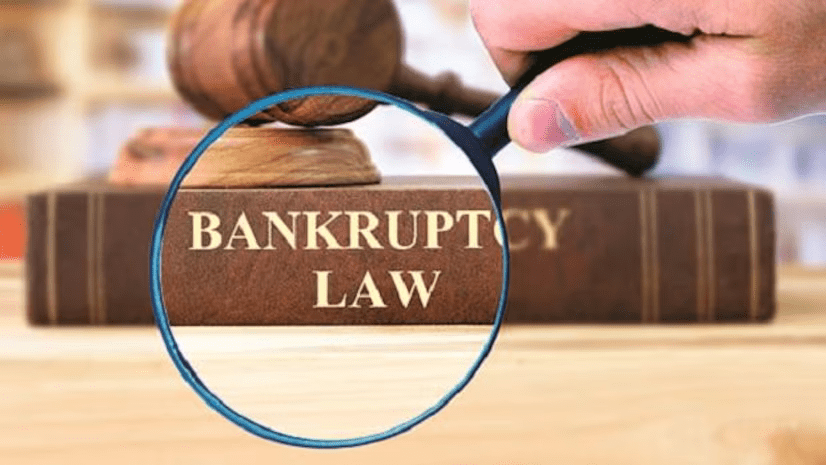Title: Vineet Saraf v. Rural Electrification Corpn. Ltd.
Decided on: 21st July, 2023
+ W.P. (C) 3293 of 2023
CORAM: HON’BLE MR. JUSTICE Purushaindra Kumar Yadav
Introduction
The case of Vineet Saraf v. Rural Electrification Corpn. Ltd. involves a writ petition filed by the petitioner to challenge an impugned demand notice issued by the respondent under Rule 7(1) of the Insolvency and Bankruptcy Application to Deciding Authority for Insolvency Resolution Procedure for Personal Guarantors to Corporate Debtors Rules, 2019. The petitioner, acting as a personal surety for a debt backed by a corporate guarantee, initiated a Corporate Insolvency Resolution Process against FACOR Power Ltd. The resolution process resulted in a Resolution Plan approved by NCLT, Cuttack, and upheld by NCLAT and the Supreme Court. The petitioner contended that the respondent had promised to transfer the entire debt and related rights to FACOR Power Ltd. The respondent, on the other hand, argued that the financial creditors retained the right to pursue securities, citing continuous personal guarantees and third-party collateral provided as security for the debt. The respondent issued a demand notice based on the petitioner’s personal guarantee, which was contested by the petitioner.
Facts
The petitioner, a personal guarantor, challenged the respondent’s demand notice under the 2019 Rules, arguing that the respondent had assigned all obligations to FACOR Power Ltd. without excluding personal guarantees. The petitioner claimed that this assignment hindered the use of his guarantee. The Court emphasized the distinction between an unconditional release and a commitment not to sue, stating that a reserve clause in a deed that releases the primary borrower protects the creditor’s right to pursue action against the guarantor.
Analysis of Court Order
Justice Purushaindra Kumar Yadav of the Delhi High Court’s Single Judge Bench rejected the petitioner’s argument that the guarantor had a legal right to be heard at a later stage. The Court opined that granting the petition would violate the procedural requirements of the Insolvency and Bankruptcy Code of 2016 and deprive the respondent of the opportunity to present their case before the relevant NCLT. The Court set down important guidelines for consideration but left the decision on the case’s merits to NCLT.
Held
The Delhi High Court denied the writ petition and refused to issue a writ of prohibition, emphasizing that it was not appropriate to create private commercial law to demonstrate the respondent’s lack of jurisdiction. The Court’s decision reiterated that the petitioner’s argument of having the right to be heard at a later stage was insufficient to proceed with the petition. The issue was left to NCLT’s determination based on the merits of the case.
“PRIME LEGAL is a full-service law firm that has won a National Award and has more than 20 years of experience in an array of sectors and practice areas. Prime legal fall into a category of best law firm, best lawyer, best family lawyer, best divorce lawyer, best divorce law firm, best criminal lawyer, best criminal law firm, best consumer lawyer, best civil lawyer.”
Written by- Ankit Kaushik


